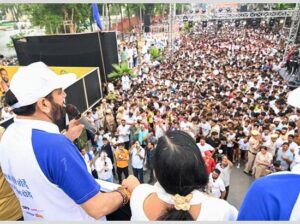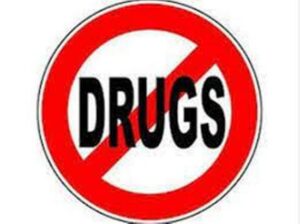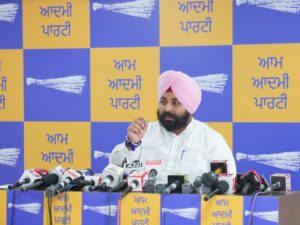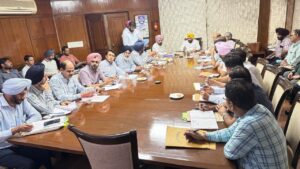New Delhi, March 11
Scientists have developed a new blood test that can accurately detect sleep-deprived drivers by using biomarkers that may help avoid road accidents in the future.
The experts at Monash University in Australia and the University of Birmingham in the UK, noted that the level of sleep deprivation increases the risk of serious injury or fatality in critical situations.
The study, published in the journal Science Advances, shows that the biomarker used in the test accurately predicted when the study volunteers had been awake for over 24 hours under controlled laboratory conditions. Future work could examine whether these biomarkers are evident in saliva or breath and lead to a roadside test.
The test detected whether individuals had been awake for 24 hours with a 99.2 per cent probability of being correct when compared to well-rested samples, the researchers said.
When a single sample was considered without the well-rested comparison (similar to a diagnostic blood test), it dropped to 89.1 per cent, which was still very high, they said.
With about 20 per cent of road accidents worldwide caused by sleep deprivation, researchers hope the discovery may inform future tests to quickly and simply identify sleep-deprived drivers.
The biomarker could also be developed for other situations where sleep deprivation may lead to catastrophic consequences, such as in safety-critical workplaces.
“This is a really exciting discovery for sleep scientists, and could be transformative to the future management of health and safety relating to insufficient sleep,” said study senior author Clare Anderson who led the research while she was with Monash University.
“While more work is required, this is a promising first step,” said Professor Anderson at the University of Birmingham.
The researchers noted that there is strong evidence that less than five hours of sleep is associated with unsafe driving.
However, driving after being awake for 24 hours is at least comparable to more than double the Australian legal limit of alcohol performance-wise, they said.
The test may be also ideal for future forensic use but further validation is required.
Study first author Katy Jeppe from Monash University, said it was difficult to say how soon the test could be developed for post-accident use.
“Next steps would be to test it in a less controlled environment and maybe under forensic conditions, particularly if it was to be used as evidence for crashes involving drivers falling asleep,” Jeppe said.













